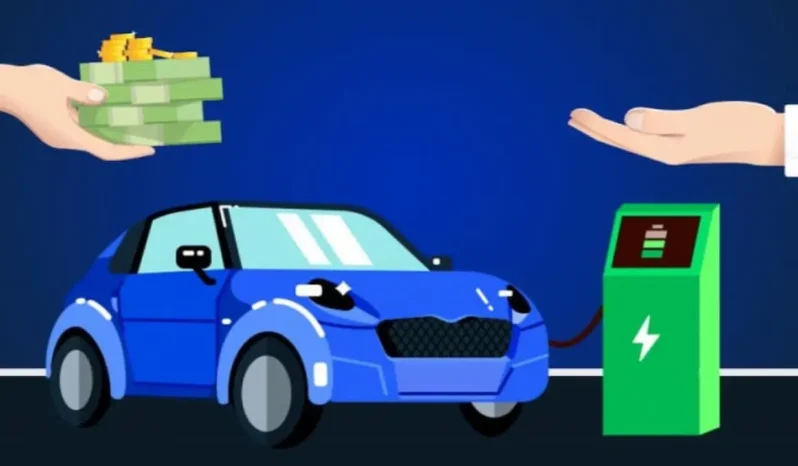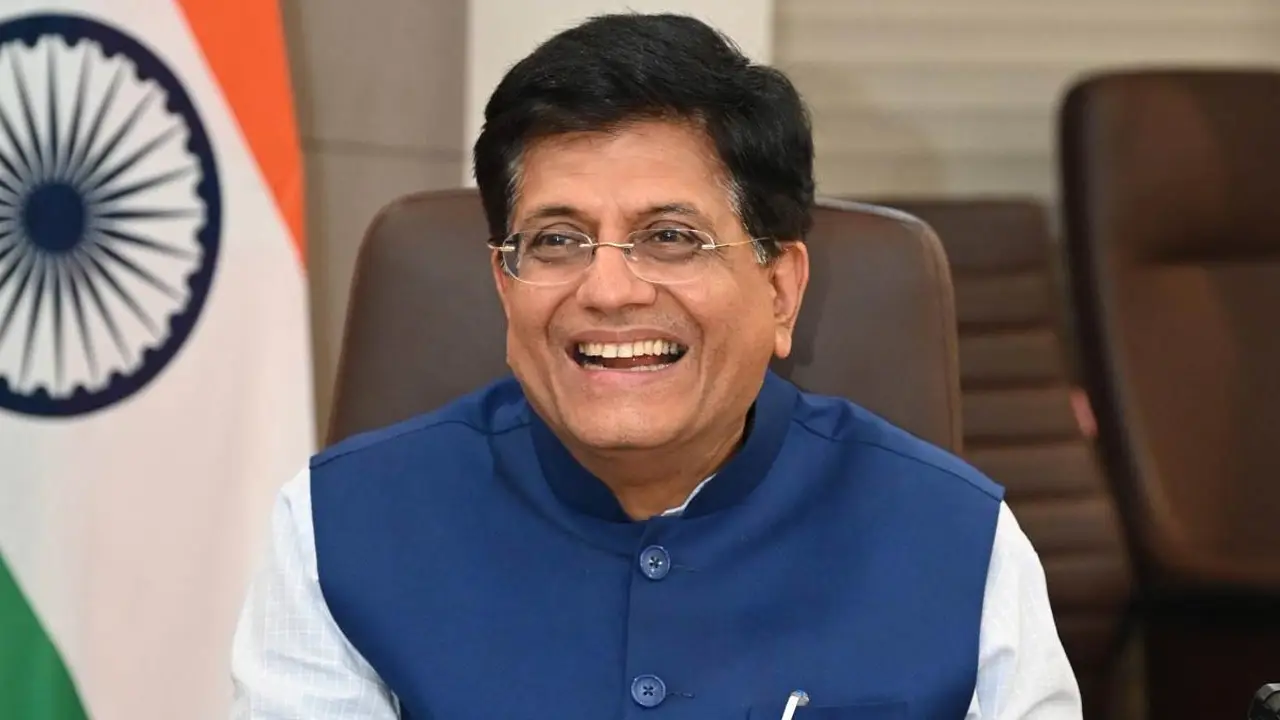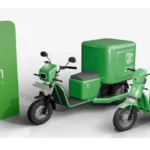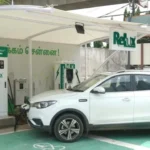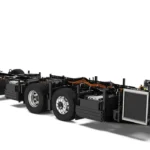A meeting is scheduled to take place in New Delhi led by Commerce and Industry Minister Piyush Goyal, which is going to address the future of India’s electric vehicle industry. This meeting had all the crucial stakeholders from the EV industry attending it, ranging from manufacturers, industry experts to government officials. The central theme of the meet was the government’s current stand regarding subsidies and a commitment to infrastructural improvement toward electric mobility.
Maxson Lewis, Magenta Mobility CEO, agreed with this perspective, arguing that although the government support was what got the industry started, it is now time for manufacturers to innovate and adapt to market demands without further financial aid.
The PM E-DRIVE Scheme is a Game Changer in EV Industry
The background for this meeting is the recent rollout of the PM Electric Drive Revolution in Innovative Vehicle Enhancement scheme that started on October 1, 2024. This programme costs ₹10,900 crore ($1.3 billion) to give a big boost to electric vehicles in the entire country before the end of March 31, 2026. Several sections of the electric vehicle market are going to receive enormous incentives from the scheme.
- Two-Wheelers: Subsidies will go up to Rs 10,000, depending on the battery capacity.
- Three-Wheelers: Incentives will be additional and customised to make them more affordable
- Electric Buses: Incentives are focused on popularising public transport electrification.
It has also planned to set up around 11,000 public charging stations all over the country under the FAME-II scheme. ₹2,000 crore has also been allocated for setting up fast-charging infrastructure.
Ministerial Insights and Industry Consensus
During the meeting, Minister Goyal said that the current subsidies are enough to boost growth in the EV sector. He pointed out that manufacturers are already reaping the benefits of falling battery costs and better-charging infrastructure. “The industry is at a critical juncture where we must focus on sustainable growth rather than relying heavily on new subsidies,” Goyal said.
Future directions: Infrastructure and Innovation in EV Industry
Looking ahead, the government’s focus is shifting towards enhancing charging infrastructure and exploring battery-swapping solutions. Goyal mentioned ongoing discussions about interoperability in battery systems and guidelines for installing charging stations at petrol pumps to facilitate easier access for EV users. The present developments mark a critical juncture for the EV industry in India as it strives to become a global leader in electric mobility. This would be further bolstered by the Union Budget, which is scheduled for February 1 and might address financing options for infrastructure development and consumer incentives.
ELCTRIK Speaks
The Indian government stated that currently, there is no need for further subsidies. They are still in favour of an electric vehicle support system through their existing schemes and infrastructural initiatives. This balanced strategy will help nurture an independent market environment while supporting India’s continuation on its road to sustainable transport solutions. Government and industry collaboration will prove to be integral in navigating the transformative period the mobility sector will face.

